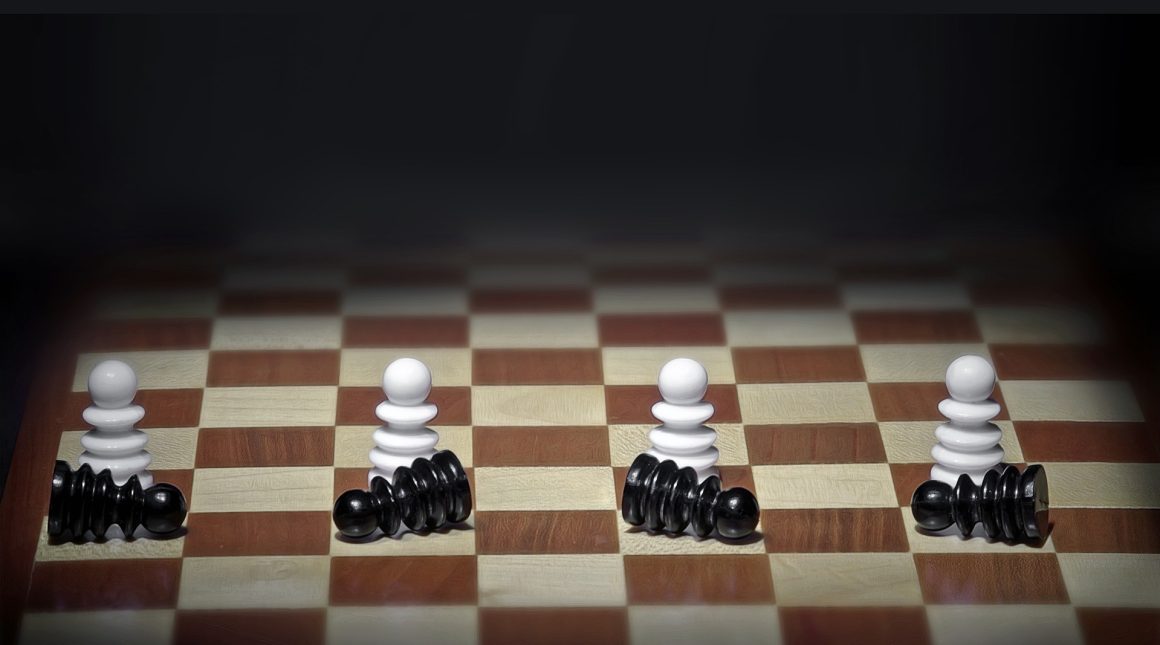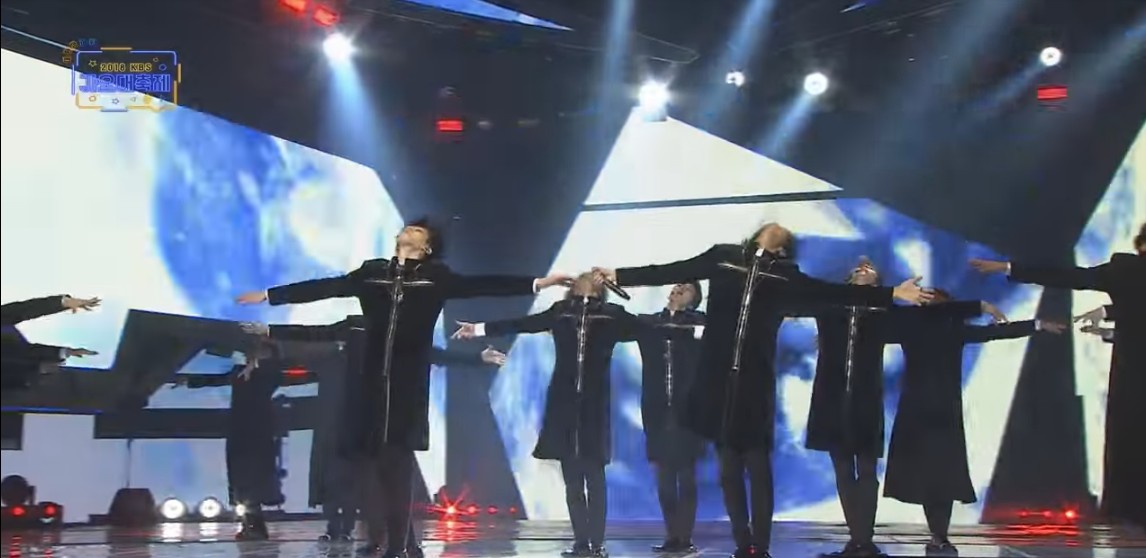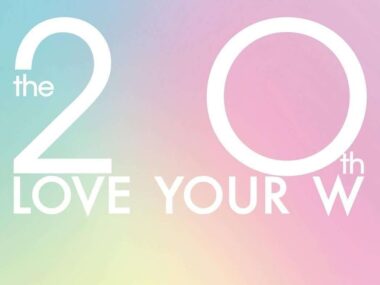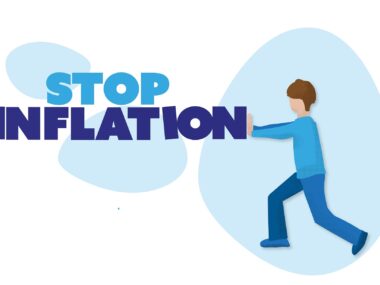Summary (TL;DR)
Racism is a socially constructed system designed to maintain power imbalances. Racism manifests in many forms, from subtle microaggressions to outright discrimination. While facing these hurdles can be discouraging, they can spark growth and resilience. By educating yourself, speaking up, being an ally, seeking support, and celebrating diversity, you play a direct role in creating a more just world. Progress is a journey, not a destination, but every action you take to dismantle racism moves us forward.
I used to run a popular gaming site many years ago. My ethnicity and gender weren’t obvious from my writing, but that all changed when I went to a conference to interview a high-profile developer. He bluntly told me that being a “Black” woman would doom my career. I was furious, but knew I couldn’t afford to burn bridges. Instead, I turned the tables, and he found himself in a situation where he needed to work with me. We’ve all faced similar situations – the frustration of wanting to speak out against injustice, but having to play the long game.
It’s a sad reality that in 2024, these issues are still painfully relevant. Yet, I approach this topic with a mix of honesty and empathy. It’s crucial to acknowledge the pain racism causes, the frustration of being underestimated because of factors outside your control. But it’s equally important to recognize that, while overcoming these hurdles isn’t easy, it’s possible. We can learn, grow stronger, and forge our own paths despite the obstacles.
In this article, I’ll be using the term “ethnicity” rather than “race.” Ethnicity refers to a person’s shared cultural heritage, traditions, ancestry, and often language. While frequently mistaken for race, ethnicity focuses on cultural identity rather than physical characteristics. Race, on the other hand, is a social construct that has no basis in biology. Throughout history, the term “race” has been used to justify discrimination and oppression. Using the term “ethnicity” creates a more accurate and nuanced conversation about the experiences of different groups.
What Is Racism?
The word “racism” is often thrown around, but it’s essential to understand it fully. Racism is more than just personal prejudice. It’s a complex system involving discrimination and the power structures that uphold it. This system unfairly advantages some groups while creating obstacles for others, based on perceived differences in culture or physical characteristics.
Contrary to what some believe, race is not a biological fact. There are no inherent genetic differences between so-called “races” that justify the disparities we see in society. While variations in skin color, hair texture, and other physical traits exist, they have no bearing on a person’s intelligence, character, or potential. The concept of race was created to justify harmful stereotypes and power imbalances.
This social construction of race has its roots in ugly chapters of history — colonization, slavery, and the systems of oppression that followed. These systems were designed to benefit certain groups at the expense of others, and they created the hurdles people of color are still forced to face today. It’s essential to acknowledge this history — not to dwell in the past, but to understand how these systemic issues continue to shape the present.
Examples of How Racism Manifests
Racism doesn’t always manifest in blatant acts of hate. Often, it takes more subtle forms, but their impact is just as real. Here are a few examples of how racism can sneak into our everyday lives:
- Microaggressions: These are seemingly small comments or actions that express negative assumptions about a person’s ethnicity — like constantly asking where someone is “really” from or complimenting a “Black” person for being “well-spoken.” These remarks chip away at self-worth, making it harder to feel like you belong anywhere.
- Workplace Bias: This can range from unconscious assumptions about someone’s competence because of their ethnicity to outright discriminatory hiring and promotion practices. These practices limit opportunities and make it harder to reach one’s full potential.
- Social Stereotypes: Media portrayals and casual conversations frequently perpetuate harmful stereotypes about different ethnic groups. Examples include claiming “Black” people are inherently dangerous and ignorant, or portraying Asian men as weak and emasculated. These stereotypes unfairly limit how we see individuals and the opportunities we believe they deserve, creating extra hurdles for a person to prove themselves worthy.
It’s important to remember that people of all ethnicities can experience racism. The specific challenges one faces will vary depending on factors like skin color, cultural background, and the wider societal context. But regardless of the specifics, racism consistently holds targeted groups back in some capacity.
Intersectionality
It’s important to remember that racism isn’t a one-size-fits-all experience. People of all ethnicities can be victims of racism, and their experiences will vary depending on their skin color, cultural background, and the wider societal context.
Intersectionality is when inequality based on a person’s gender, sexual orientation, ethnicity, ability, class, and other forms of discrimination tend to overlap with one another or “intersect.”
For example, a Black woman may face compound discrimination based on both her ethnicity and gender, while a gay Brazilian man’s experience will again be distinct due to his sexual identity. These intersecting identities create unique sets of difficulties.
It’s crucial to avoid generalization when discussing racism. Just because one person from a particular ethnic background has a certain experience doesn’t mean everyone within that group shares it exactly. Being mindful of these nuances makes us better listeners, allies, and advocates.
Reframing Challenges as Learning Experiences
Experiencing racism can be deeply hurtful and frustrating. Injustice has a way of weighing on the spirit, yet these challenges provide an opportunity for growth. While it shouldn’t be anyone’s burden to find the silver lining in discrimination, it is possible to turn these experiences into sources of strength.
Here’s where this reframing comes into play:
- Learning About Yourself: Facing racism can lead to a deeper understanding of your own identity, values, and how you want to respond to injustice. It can spark a desire to learn more about your history and culture, building a strong foundation of pride and resilience.
- Perspective: Sadly, experiencing racism can offer insights into how systemic forces work in the world. This understanding, though painful, is a powerful form of knowledge that can inspire one to work towards change.
- Self-Care and Support: It’s vital not to battle these hurdles alone. Prioritize self-care – whatever that means for you. Build a support system of friends, mentors, or a therapist who understands and can help you process your experiences.
- Celebrate diversity: Creating and sharing inclusive spaces helps people feel comfortable with their cultural identities. Attend or create an event that embraces different cultures, or support businesses that cater to certain ethnicities and promote diversity.
This approach doesn’t mean ignoring the pain of racism. Instead, it’s about building the resilience and perspective to leap over the obstacles it places in your path.
Taking Action, Creating Change
The systemic oppression racism creates are, sadly, very real. They prevent certain individuals from progressing in their personal and professional lives, and can even put them in danger. Yet, we should all remember that these challenges are not insurmountable. Every act of resistance, every conversation that pushes for understanding, every space made inclusive — it all matters.
Change might not always feel swift, and setbacks are inevitable. But by educating ourselves, using our voices, being allies, seeking support, and celebrating diversity, we chip away at the systems of injustice and build a better future.
Let’s continue to learn, to grow, and to turn the desire for a more just world into concrete actions.






